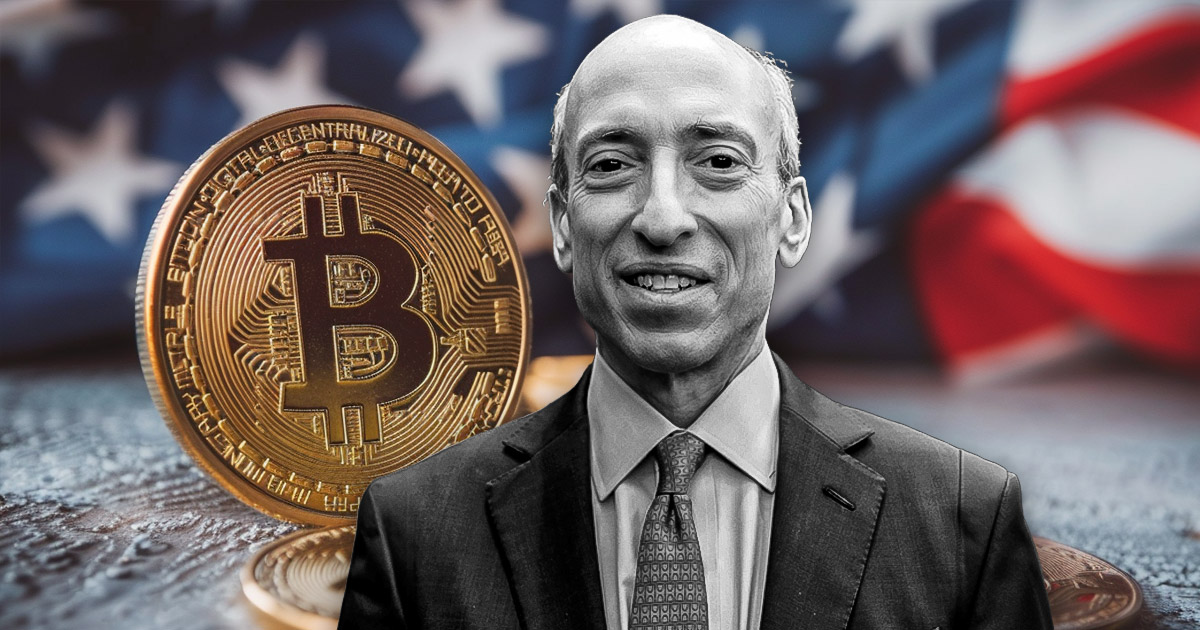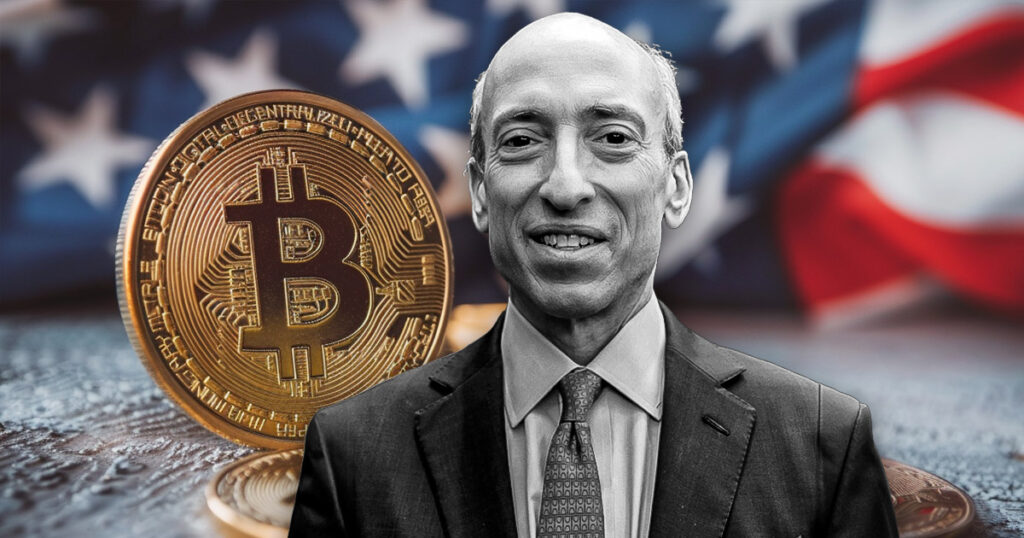
Gary Gensler, chairman of the U.S. Securities and Exchange Commission (SEC), delivered a detailed speech at the PLI Annual Institute on Securities Regulation on November 14. His comments highlighted the SEC’s approach to crypto regulation, while repeatedly identifying the difference the SEC sees between altcoins and Bitcoin.
Gensler’s language also hinted at the possibility of resigning after the election of Donald Trump and the president-elect’s explicit criticism of Gensler’s tenure. He ended his speech with what could be interpreted as a farewell message.
“The SEC and its staff. It’s a remarkable agency… It was a great honor to work with them and do the people’s work…
I am proud to serve alongside my colleagues at the SEC who work day in and day out to protect American families on the financial highways.”
In what could be one of his last statements as chairman of the SEC, Gensler took the time to reaffirm Bitcoin’s classification as a non-security asset, setting it apart from the vast majority of the crypto market. Gensler said:
“Not every asset is a certainty. Former Chairman Clayton and I have both said that Bitcoin is not a security, and the Commission has never treated Bitcoin as a security.
Rather, our focus has been on some of the approximately 10,000 other digital assets that many courts have ruled were offered or sold as securities.”
This stance is in stark contrast to the agency’s enforcement actions against other digital assets, which together represent 5 to 7% of the SEC’s regulatory focus as of 2018.
The speech highlighted the SEC’s rationale for targeting specific altcoins. Gensler emphasized that compliance with securities laws ensures market confidence and investor protection. “History has shown for 90 years that robust securities regulation builds confidence in markets and promotes innovation,” he said. However, he acknowledged that many digital assets (besides Bitcoin) still lack a sustainable use case, highlighting speculative investments and illegal activities as key concerns.
A key point in Gensler’s comments was his focus on emphasizing his endorsement of exchange-traded products (ETPs) for Bitcoin futures, spot Bitcoin and Ethereum. Gensler highlighted how these approvals mark a departure from previous SEC chairmen who limited access to physically backed crypto ETFs.
According to Gensler, by approving the spot Bitcoin and Ethereum ETFs, the SEC helped provide benefits such as disclosure, lower fees and competition, and contrasted them with “non-compliant markets for crypto assets.”
Trump’s victory in the November election adds a new dimension to Gensler’s term. The president-elect has publicly pledged to replace Gensler, a position that could explain the chairman’s reflective tone. “The SEC’s effective governance promotes trust,” Gensler noted, seemingly framing his legacy as part of a broader institutional mission.
Bitcoin, which has risen more than 30% since the election results were announced, illustrates the market’s sensitivity to political and regulatory forces. Analysts have linked the rally to optimism surrounding possible deregulation policies under the Trump administration. Bitcoin reached $93,400 on November 13, fueled by expectations of less regulatory scrutiny.
Gensler’s comments also contextualized crypto’s place in the global financial ecosystem. He noted that, excluding Bitcoin, Ethereum and stablecoins, the remaining crypto market – worth around $600 billion – makes up less than 20% of total crypto capitalization. This subgroup, he argued, poses the greatest challenge to compliance due to its fragmented and speculative nature.
Amid speculation about his resignation, Gensler concluded his speech with personal reflections on the importance of securities regulations, likening their role to “rules of the road” in financial markets. Whether his term ends soon or extends into the next administration, Gensler’s approach to crypto regulation has left a lasting impression on the industry.
Gensler appears to be portraying his stint as chairman of the SEC as pro-Bitcoin, pro-Ethereum and pro-stablecoins. However, Coinbase, Kraken, Crypto.com, Robinhood, Ethereum stakers and many other industry participants may not be convinced by his pitch. From this speech, he seems to believe that Bitcoin is fundamentally different from altcoins and that only Ethereum and stablecoins are free from SEC jurisdiction.

